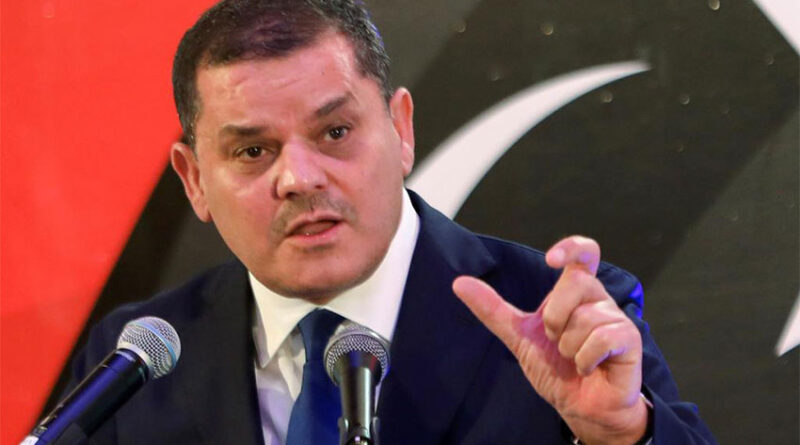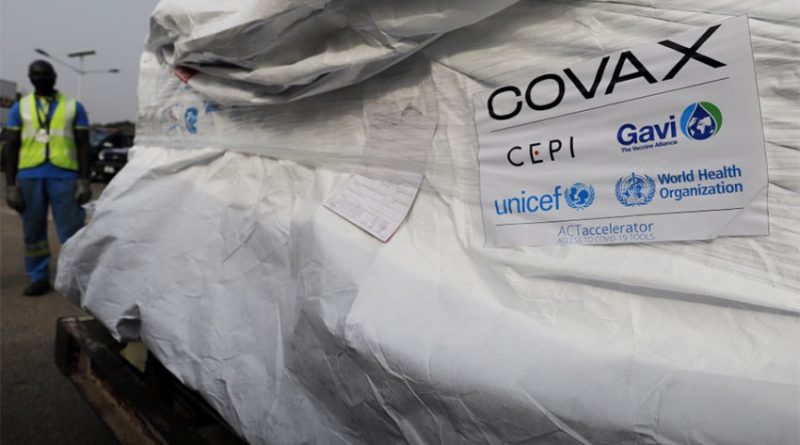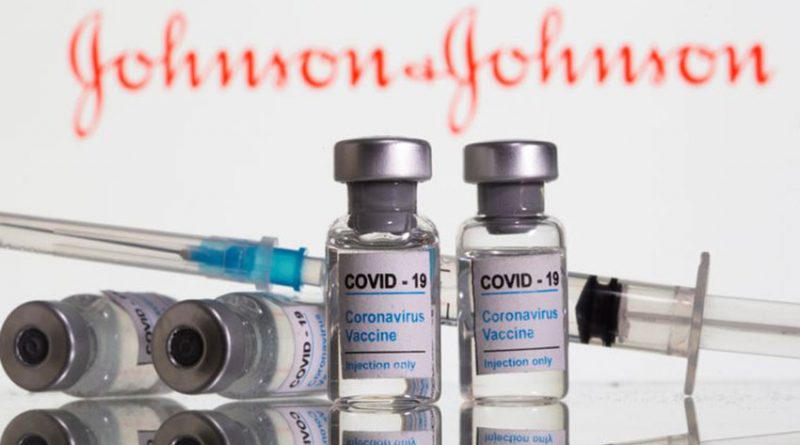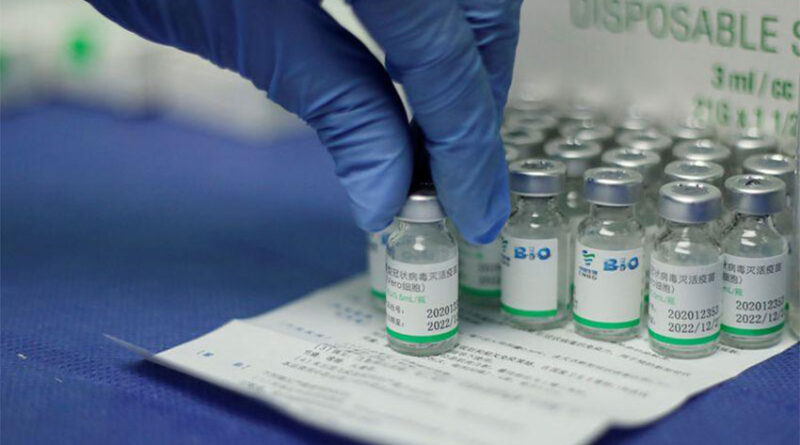MORE than 100,000 doses of Russia’s Sputnik V COVID-19 vaccine arrived at Tripoli’s Mitiga airport yesterday, Libya’s ministry of health said, the first shipment to reach the country.
Around 1,000 new infections are announced daily by the National Centre for Disease Control, posing a challenge to a health sector ravaged by years of conflict.
“It is the first drop of rain. Thank God, we are able to supply the first batch of corona vaccine,” interim Prime Minister Abdulhamid Dbeibeh said in a tweet.
“The rest of the shipment will arrive in succession,” he added, without giving details of how many more doses were due.
A box of the vaccine was shown being unloaded from a cargo plane in a social media post by the health ministry, saying it would be moved to the ministry’s warehouses before distribution.
In February, the disease control centre launched an electronic registration campaign for vaccinations for those aged over 18. No details on the numbers of those registering have been disclosed. Libya has a population of around 6.5 million.
Libya has recorded almost 200,000 infections since the outbreak of the pandemic and 2,684 deaths, according to the latest data from the centre of the disease.
Libya has been torn by division and violence for a decade since the 2011 NATO-backed uprising against Muammar Gaddafi and split between warring western and eastern factions in 2014.
Dbeibeh’s new U.N.-backed unity government took office last month with a mandate to improve services and prepare for a national election in December.
Source - Thomson Reuters Foundation
KENYA has ordered an immediate halt to imports of COVID-19 vaccines by private companies, the health minister said on Friday, saying such shipments were unlicensed and potentially dangerous because the shots could be counterfeit.
Kenya, which went into a partial lockdown on March 26 after a surge of infections and deaths, has started vaccinating its citizens using just over 1 million shots secured through the global COVAX vaccine-sharing facility.
At least one private firm has also brought in shots of Russia’s Sputnik V vaccine, according to Kenyan news media, who say the shots are being sold for about 16,000 shillings (around $150) for a double dose.
Health Minister Mutahi Kagwe told a news conference the government had resolved to stop the practice, without identifying any company or vaccine.
“There will be no licensing of private players in the importation of vaccines and any such license given will be and is hereby cancelled,” Kagwe said.
The government, which does not charge for COVID-19 shots, will be the sole agent of vaccination until further notice, he said. Those who break the rule will be prosecuted.
The head of a hospital in Nanyuki town 148 km from Nairobi told Reuters last week that the hospital was preparing to roll out Russian Sputnik V shots it had obtained privately, after getting official permission. It would sell them at cost.
The ministry said the government would work with a firm that had imported the Russian vaccine to ensure those who had received a first shot can still get a second one when due.
The ban on private imports will stay in place until the government becomes confident “that there is greater transparency and accountability in the entire process,” Kagwe said.
Source - Thomson Reuters Foundation
SOUTH Africa’s health regulator has registered Johnson & Johnson’s COVID-19 vaccine, paving the way for deliveries to start in the second quarter.
The registration of J&J’s vaccine is a boost for the country worst affected by the pandemic on the continent in terms of recorded infections and deaths. South Africa is counting on J&J to supply 31 million doses of its vaccine.
J&J said in a statement that the South African Health Products Regulatory Authority (SAHPRA) had “granted registration with conditions” for its single-dose vaccine.
SAHPRA’s spokesman confirmed that J&J’s vaccine had been registered when called by Reuters. He said more details would follow in a statement.
South Africa’s vaccination campaign was dealt a blow in early February when it put on hold a plan to start inoculations with AstraZeneca’s vaccine. A small research study showed AstraZeneca’s shot offered minimal protection against mild to moderate COVID-19 caused by the dominant local coronavirus variant.
The government switched to using the J&J shot in a research study to start protecting frontline healthcare workers. So far it has vaccinated roughly 260,000 people, out of 1.25 million health workers, according to health ministry data.
J&J aims to supply 2.8 million doses to South Africa in the second quarter, it said in its statement.
Source - Thomson Reuters Foundation
ETHIOPIA is to receive 300,000 COVID-19 vaccine doses from China’s state-backed China National Pharmaceutical Group (Sinopharm).
The Sinopharm doses are the first shots Ethiopia has secured outside the global COVAX vaccine-sharing initiative, Health Minister Lia Tadesse told Reuters in a text message.
Ethiopia is struggling to administer shots and tame infections that have spiked.
In the past month, it has recorded a 26% increase in coronavirus infections, and deaths rose by 18%, health ministry data shows. On Thursday, Africa’s disease control body, the Africa CDC, said Ethiopia had reported the highest number of new cases in the last week of any country on the continent.
With a population of over 110 million, the Horn of Africa nation has recorded 200,563 infections and 2,801 deaths since its first case was announced in March last year.
On Monday, Johnson & Johnson said it had agreed to supply up to 400 million doses of its COVID-19 vaccine to the African Union (AU) from the third quarter of 2021.
On March 7, Ethiopia received nearly 2.2 million doses of the AstraZeneza vaccine through COVAX.
In February the minister said Ethiopia hoped to inoculate at least a fifth of the country’s 110 million people by the end of the year.
Source - Thomson Reuters Foundation




